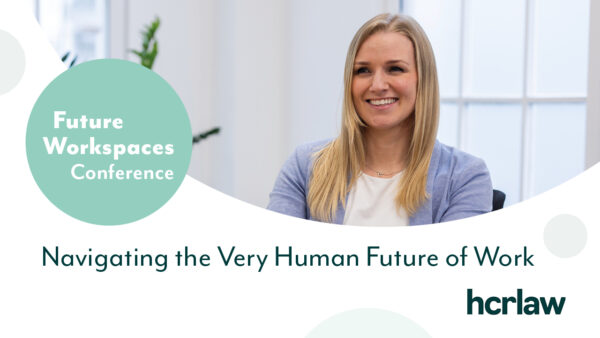

The Employment Appeal Tribunal (“EAT”) has underlined the, perhaps obvious, point that in order for consultation in a redundancy process to be meaningful “it must take place at a time where it can potentially make a difference, and in such a way that responses to a proposal are considered and reflected upon, prior to a decision being made”. In Valimulla v Al-Khair Foundation the EAT found that the Al-Khair Foundation (the “Foundation”) had failed to consult at all in relation to its approach to pooling, namely Mr Valimulla (the “Claimant”) being placed in a pool of one.
As a result of the pandemic the Foundation suffered from a reduction in the amount of work it had. As many employers did during the pandemic, it looked at making cost savings by way of redundancies. The Claimant was a liaison officer covering the North-West of England.
There were other liaison officers working for the Foundation but they covered different geographical locations. The Claimant was placed in a pool of one and none of the other liaison officers were placed at risk of redundancy. Despite there being three consultation meetings, there was no consultation with the Claimant about the suitability of the pool. The Claimant was made redundant and brought a claim of unfair dismissal.
The Employment Tribunal (“ET”) dismissed this, accepting the Foundation’s assertion that the Claimant’s role was unique and, therefore, he was in a self-selecting pool of one – despite there being others performing the same role, the only differentiating factor being geography.
The EAT disagreed and found that the Claimant had been unfairly dismissed. Despite the three consultation meetings there had been no consultation as to the suitability of the pool. Further the ET had not considered whether the pool of one was in fact appropriate in the circumstances.
This case highlights the dangers of applying a “one-size-fits-all” textbook approach to redundancy consultation. On the face of it, three consultation meetings looks very thorough and proper. However, the reality was that consultation had not in fact happened in relation to a key point.
In light of this case, some reminders for employers:
- Ensure there is meaningful consultation, on all material points, with employees at risk of redundancy
- Ensure consultation happens in good time, namely “at a time where it can potentially make a difference”
- Document the thought process behind pools and the reasons why the pool(s) used are appropriate in the circumstances – this would show a tribunal that this had been considered at the appropriate time.










